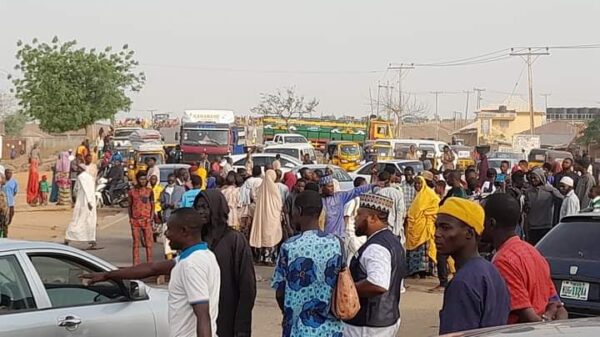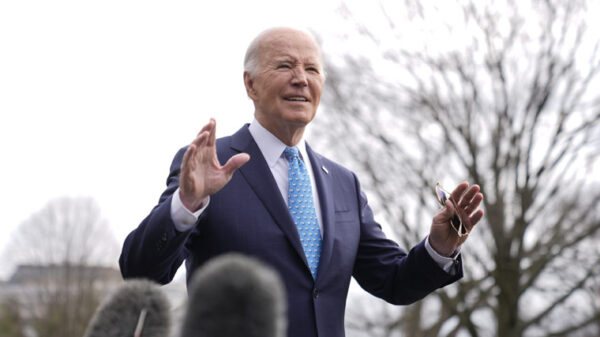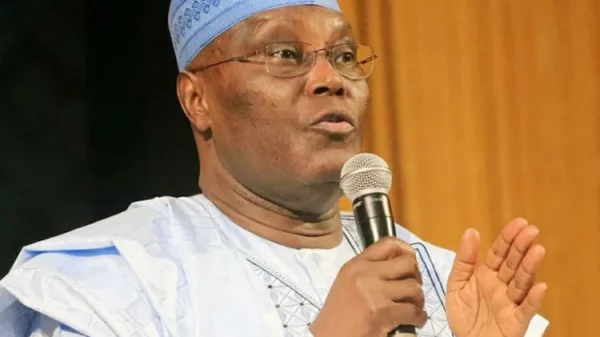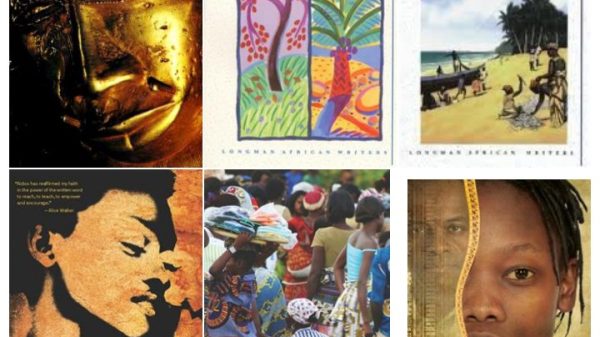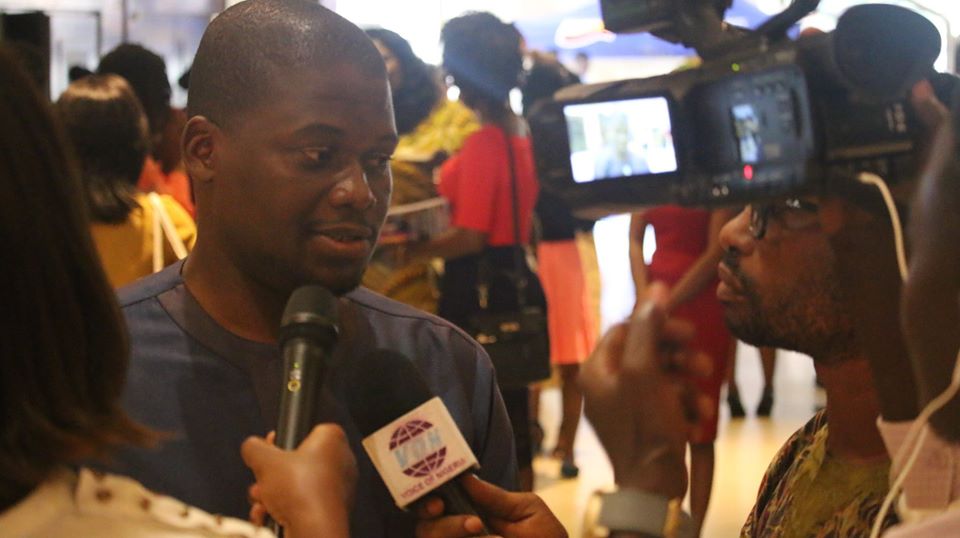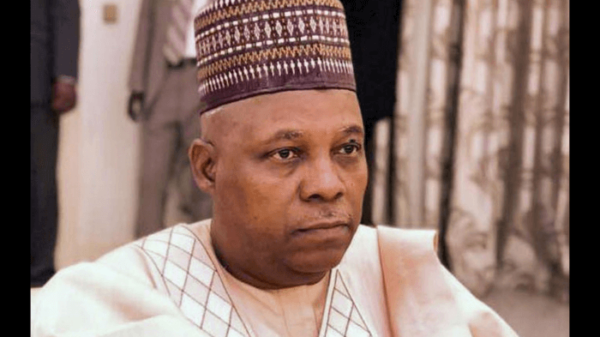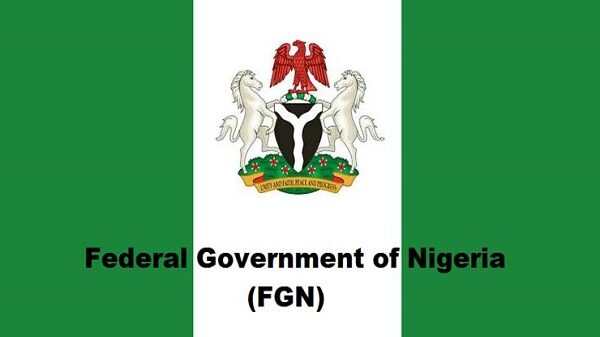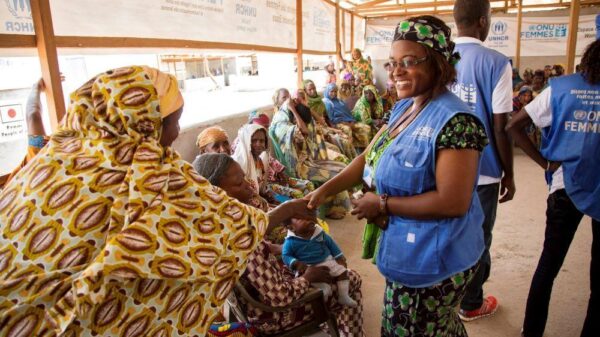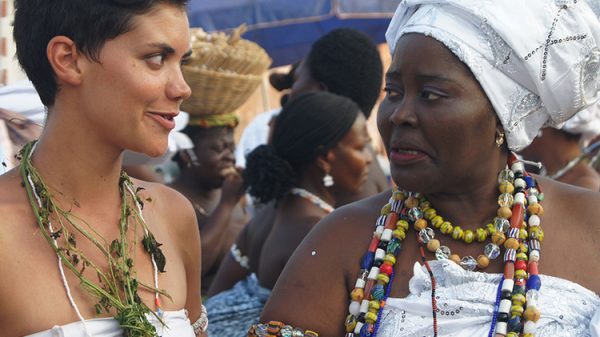
The world is on the brink of a profound transformation, driven by a combination of factors that extend beyond the familiar specter of global warming. While climate change is undoubtedly a major concern, another significant change is emerging, one that centers on the rate of human fertility. In the developed world, women are having fewer children than ever before, a trend with profound implications for society and the global population.
Demographers have long recognized 2.1 children per woman as a critical threshold, below which a population begins to decline. Across North America, Europe, and Australia, birth rates have fallen well below this critical level. Consequently, populations in these regions are shrinking, resulting in a demographic shift toward an aging populace and fewer working-age individuals.
The solution to this demographic challenge is increasingly seen in immigration. To address the dwindling workforce and the associated economic consequences, many developed countries are turning to immigrants. These newcomers bring fresh perspectives, skills, and talents to bolster local economies.
However, the most significant transformation is happening on the African continent. Africa boasts the fastest-growing population globally, and by 2050, it is projected that one in four people in the world will be African. The continent’s population is expected to nearly double, reaching 2.5 billion within the next 25 years. This monumental shift is set to reshape Africa’s global relations, bringing about a range of opportunities and challenges.
In 1950, Africans constituted only 8 percent of the world’s population. By 2050, that proportion is predicted to triple, reaching nearly a quarter of the world’s total population. Notably, a third of all young people, aged 15 to 24, will be African. The median age in Africa is just 19 years, significantly younger than in other populous countries like India (28), Pakistan (24), China, and the United States (38).
Experts have coined the term “youth quake” to describe the phenomenon of the explosive growth in the number of young people in Africa. This demographic shift is not uniform across the continent, given its vast cultural diversity and demographic trends. Africa comprises 54 countries, covering an area larger than China, Europe, India, and the United States combined.
Moreover, Africa is experiencing rapid urbanization, making it the world’s fastest-urbanizing continent. Within the next decade, it is expected to have the world’s largest workforce, surpassing China and India. By the 2040s, two out of every five children born worldwide will be African.
This significant growth in the African population has elevated the continent’s political influence on the global stage. In a historic development in September 2023, Africa was invited to join the Group of 20 nations (G20) during its annual summit held in India, taking a seat alongside the European Union. This recognition signifies Africa’s growing role in global economics and politics.
The business world is also catching up to the changes in Africa. Businesses are actively targeting Africa’s burgeoning consumer base, offering products ranging from cosmetics to organic foods and even champagne. Prominent brands like Hilton plan to open dozens of new hotels across the continent. Africa’s population of millionaires, currently the fastest-growing in the world, is predicted to double to 768,000 by 2027, according to estimates by Credit Suisse.
Notably, Africa’s economic vitality stands in stark contrast to the challenges posed by aging populations in Europe. For instance, Italy, a country projected to have 12 percent fewer people by 2050, is experimenting with using robots to provide care for the elderly. In Japan, where the median age is nearly 50, more than twice that in Pakistan, the prime minister has warned of impending societal dysfunction.
However, despite the potential benefits of Africa’s youth demographic, the continent faces significant political challenges. The analysis presented in The New York Times highlights that Africa, with a youthful population, is led by older political leaders, with an average age of 63. Some African leaders have held power for more than three decades, undermining democratic progress. Consequently, half of all Africans live in countries considered “not free” by organizations like Freedom House, which tracks political trends globally.
Europe, grappling with demographic dilemmas of its own, may find a solution in Africa’s youth population. European nations require young workers to sustain economic growth, and evidence suggests that migration can significantly contribute to the region’s economic dynamism. For instance, Germany’s decision to welcome more than a million migrants, primarily from Syria, has had a positive impact on the country’s GDP. A study by the Organization of Economic Cooperation and Development (OECD) estimated that the arrival of refugees added 3 percent to the country’s GDP growth rate. Over the medium term, this figure is expected to increase to 5 percent.
Nonetheless, there is reluctance to accept a large influx of African migrants. Complex factors, including skin color and religion, contribute to the challenges. The issue of race has fueled resistance to African migration in Europe, especially in countries closest to North Africa, like Italy. The arrival of predominantly Muslim African migrants has also led to the development of Islamophobia in parts of Europe.
The world is indeed on the cusp of transformation, driven by shifting demographics that carry far-reaching implications. Africa’s youthful population is set to play a significant role in global affairs, while Europe grapples with the complex challenges of aging demographics and immigration. The need for comprehensive policies, international cooperation, and cultural acceptance is more pressing than ever as we navigate this global shift.













